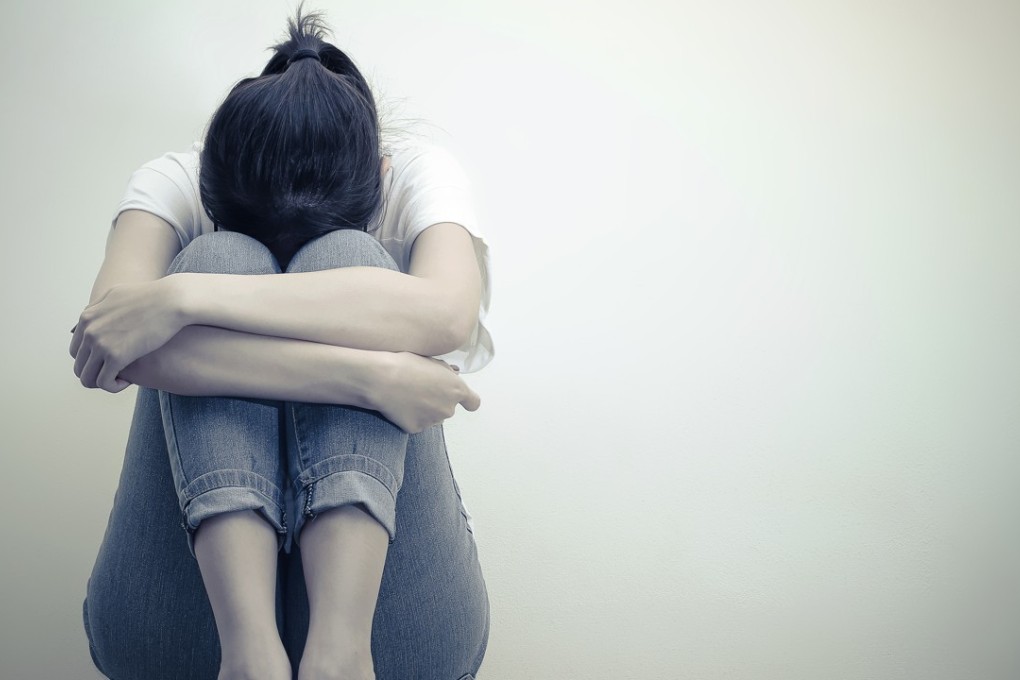Simulation in Hong Kong hospital will let people experience how disruptive mental illness can be
The Mental Health Experience Museum is to open next year at Castle Peak Hospital

You walk into what looks like an ordinary living room, turn on the television and see yourself winning an award at a film ceremony. Moments later, a voice tells you not to leave the room as you would be beaten up by those jealous of you.
This is one of the likely scenarios in a simulation exercise for a museum like no other.
The Mental Health Experience Museum, which aims to educate the public about psychosis, is to open in the middle of next year at Castle Peak Hospital, the oldest mental hospital in the city. It will have a simulation room that lets people experience how disruptive mental illness can be.
“We have gathered some symptoms from the patients and developed them into different themes of simulations,” said Jolene Miu Hang-chun, general manager of nursing at the hospital in Tuen Mun.
After going through all the weird scenarios in the room, patients who suffered from schizophrenia shared how their own hallucinations had affected them and how treatment had helped.
“These are some tentative arrangements for the museum,” Miu said. “We want to help people understand how psychosis affects the brain, reinforcing the message that it is an illness and it can be treated.”